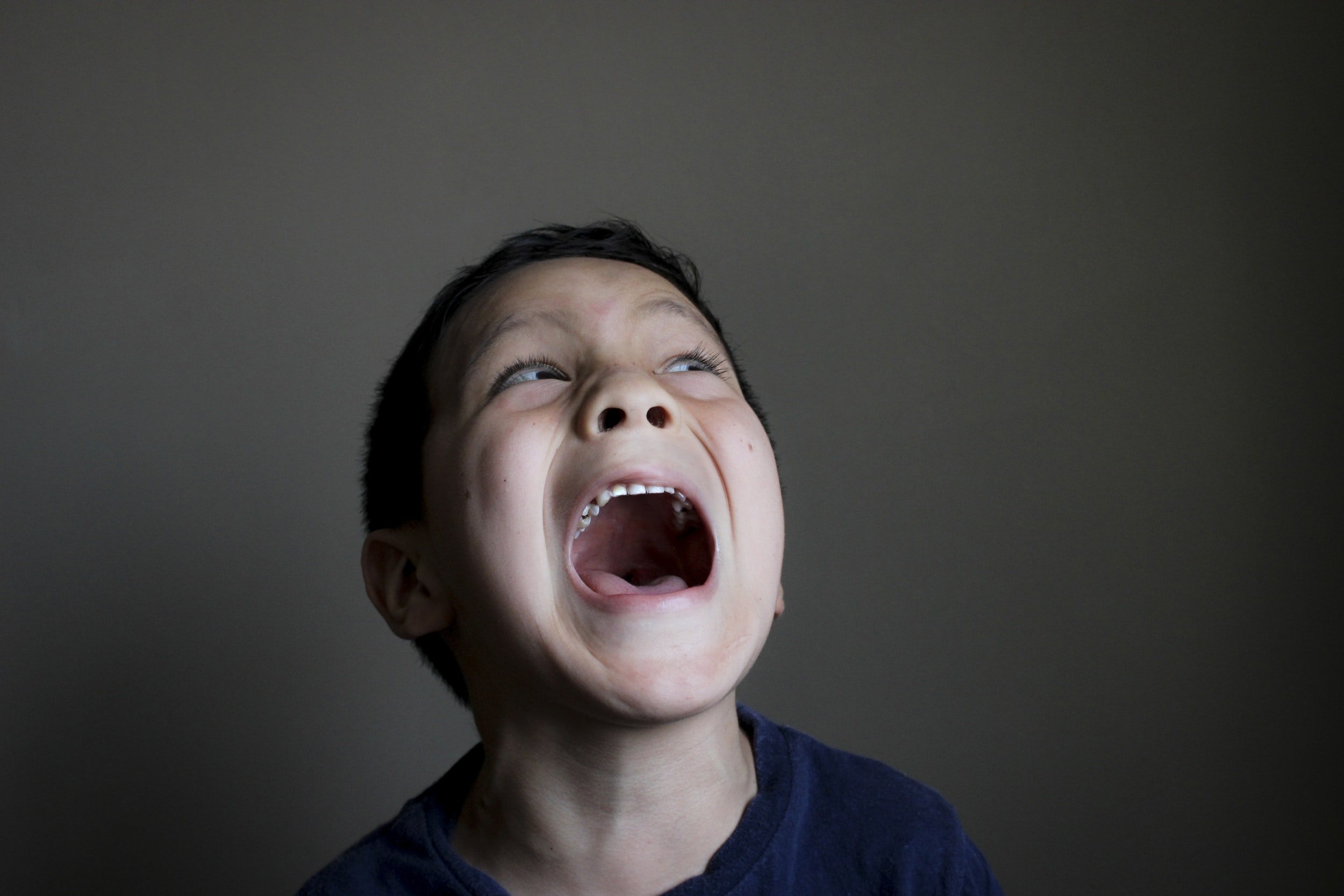
04 Aug Why Not Yelling At Your Kids Matters
by Dr. Katie daCruz, PhD
When kids push buttons or don’t behave as expected, yelling happens. Yelling can feel like a helpful release of anger or frustration. Yelling is also often seen as a form of discipline or a way to truly get a kid to pay attention and take something seriously.
However, as common as it may be, yelling can have very significant consequences for children’s development.
Recent research has shown that harsh verbal discipline like yelling has outcomes both immediately and later in life. For example, a 2014 study in The Journal of Child Development demonstrated that yelling produces results similar to physical punishment in children (e.g. spanking). Both yelling and physical punishment led to increased levels of anxiety, stress and depression along with an increase in behavioral problems.
Children very often mirror the behavior of their parents. If you yell at them, they’re likely to yell back at you. Because you are their role model, yelling teaches them that yelling is how to communicate. In children who are frequently yelled at, you may see more“talking back”, yelling, or even physical aggression.
Yelling can scare children and therefore can make them feel insecure in their attachment to their parent. When the person they trust most frightens them, whether by yelling or other means, it rocks their sense of security and trust in the person they rely on completely. They may worry about when yelling will happen again. They may feel stress when interacting with their parent because they can’t be certain when the yelling will or won’t happen. For some children, this can cause anxiety and/or withdrawal from their parents. You may be thinking, “I wish yelling scared my children, they don’t seem to care at all when I yell at them”. Even if your children don’t appear scared, they certainly feel apprehensive in an environment where they aren’t sure when or if they will be yelled at. You might not look scared when your boss yells at you, but it certainly isn’t a comfortable feeling.
Yelling can also influence how kids will view themselves in the long-term. When a parent yells, children take on that anger, frustration, or negativity. Young children don’t yet fully understand that other people’s actions and emotions are impacted by a lot of things. They tend to interpret everything that happens as related to their actions. They won’t perceive that their parent is yelling because they had a bad day at work, or really need to get somewhere on time, or really value cleanliness. Instead, they will likely interpret yelling to mean that they are bad or unloveable.
Having a better understanding of the psychological effects of yelling at a child provides an opportunity to change communication and interactions with children in ways that will be positive for both parent and child. However, many people yell because yeling is a way to express frustration. Which means that wanting to stop and being able to stop are two very different things. Therapy is one way to better understand your anger and develop tools to help address it so that there can be less yelling and more safety and connection. Contact us at (734) 323-4897 or info@galvingrowthgroup.com for more information.
Katie is a G3 Limited License Psychologist & Contributing Writer.
Source
Wang, M.-T. and Kenny, S. (2014), Longitudinal Links Between Fathers’ and Mothers’ Harsh Verbal Discipline and Adolescents’ Conduct Problems and Depressive Symptoms. Child Dev, 85: 908-923. https://doi.org/10.1111/cdev.12143


